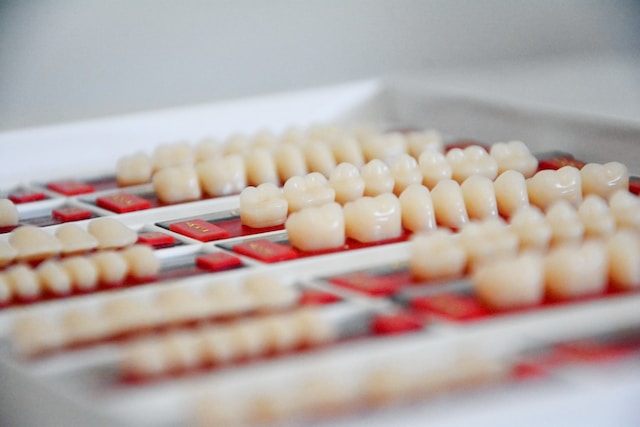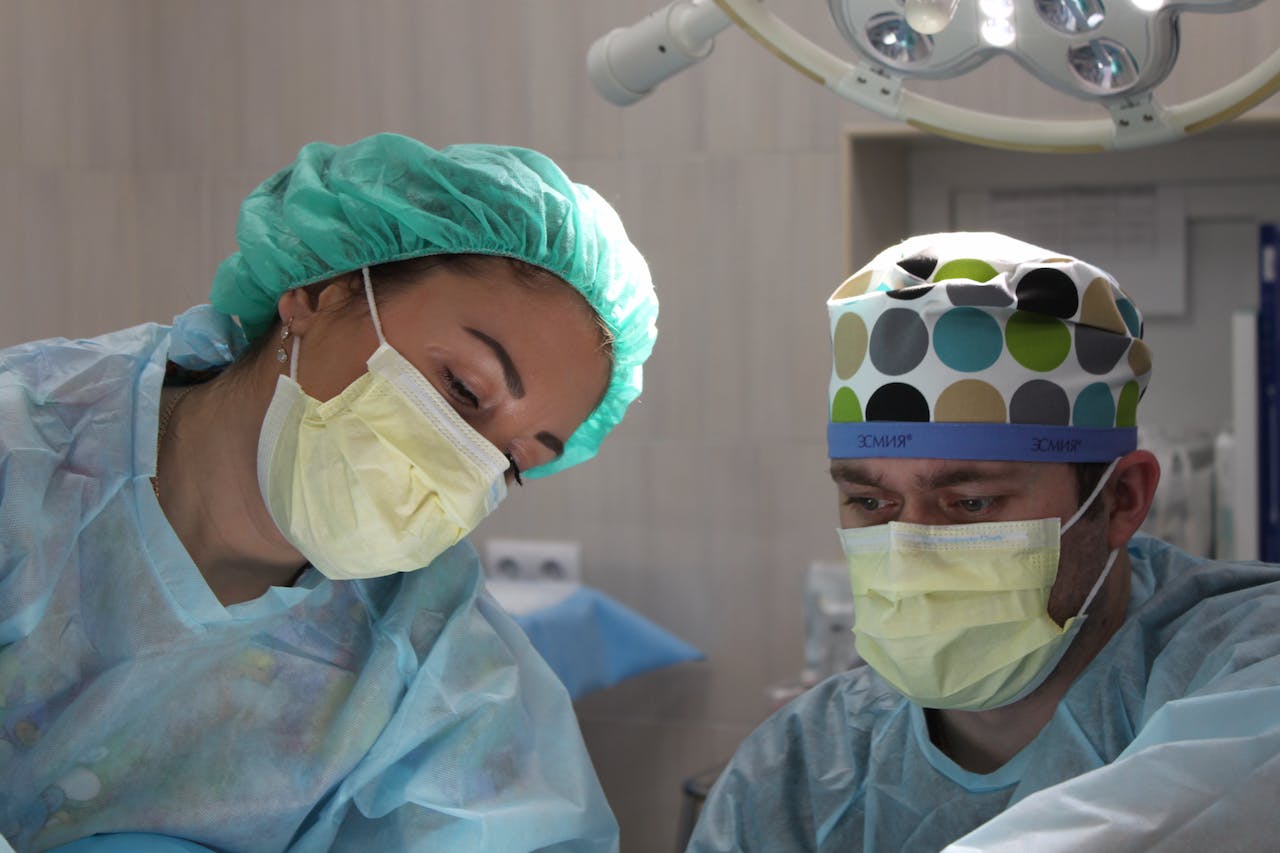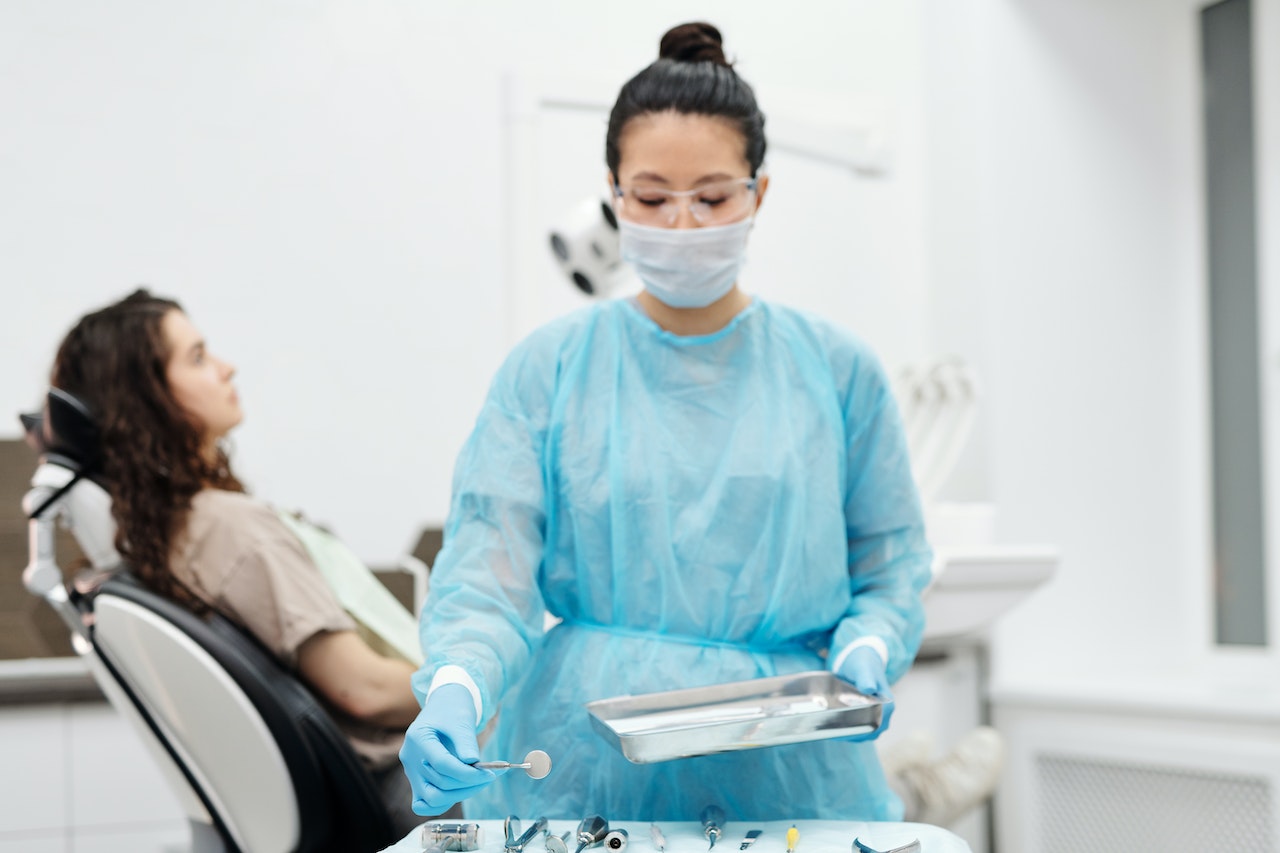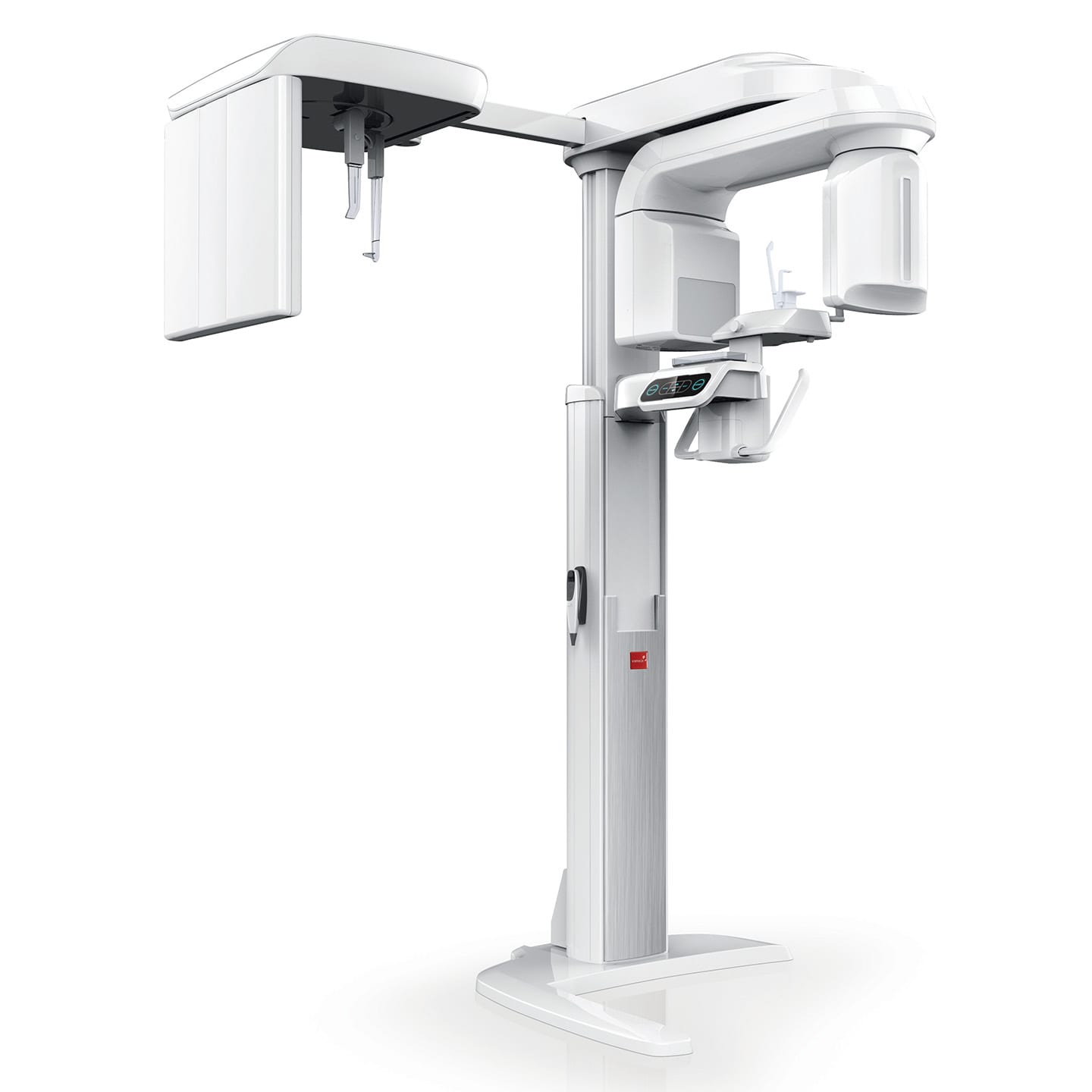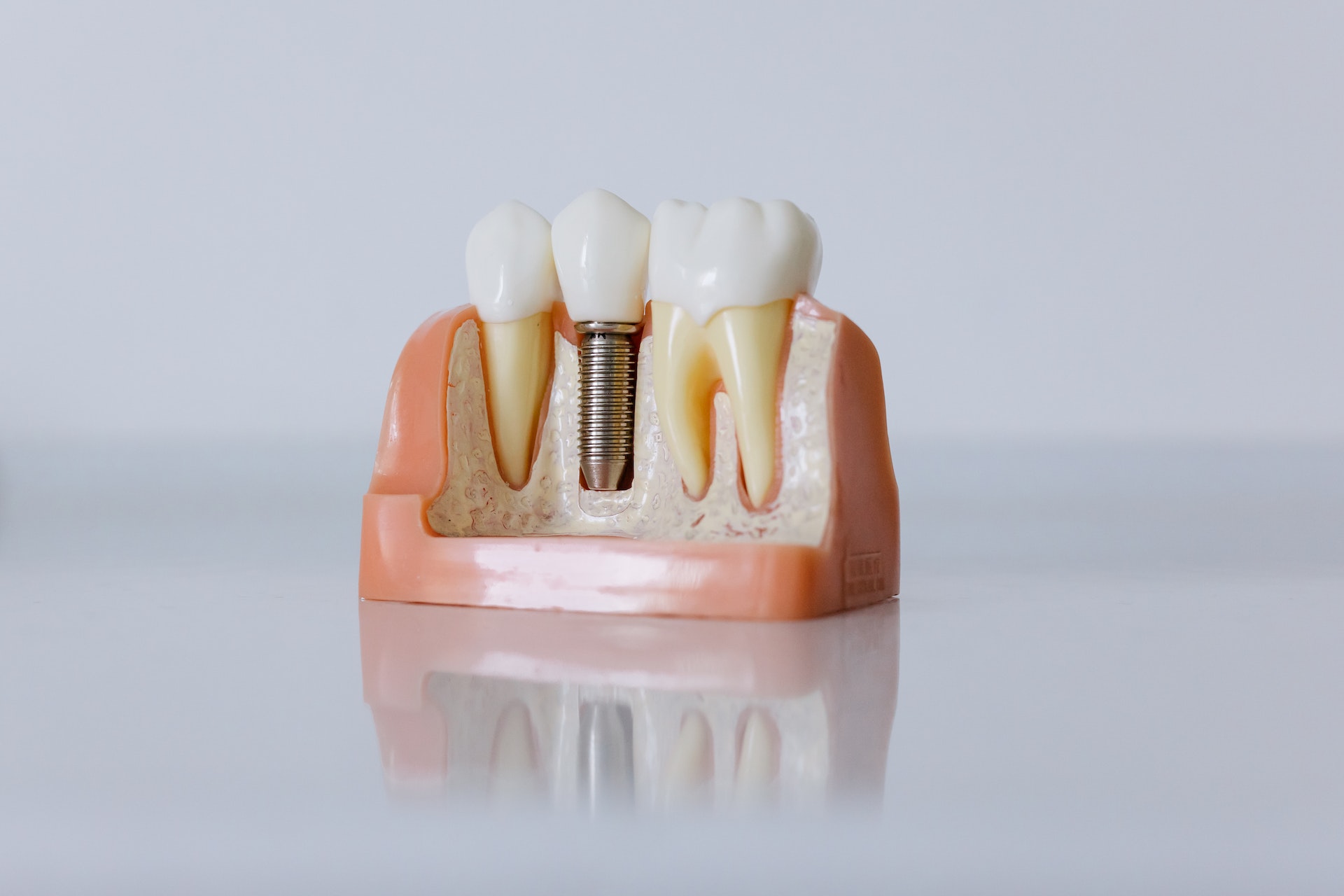
Are you missing teeth and worried you’d be stuck with getting a bridge or dentures? The good news is dental implants are another sure way to regain the confidence to smile brightly. There are different types of dental implants, and they come in various styles and materials nowadays.
Dental implants have a success rate of 98%, making them an excellent choice to discuss with your dentist. In this post, we’ll break down the different dental implant options so you can decide which one is best for you.
Types of Dental Implants
Here are the common types of implants available.
1. Endosteal Implants
Endosteal implants are a type of dental implant that involves surgically inserting a metal screw or cylinder into the jawbone to serve as the anchor for a replacement tooth. They’re also known as standard implants.
Most endosteal implants are made of titanium, which works well with the bone tissue around them. Dental implants can also be made of zirconia, a modern technology that produces even better results.
Endosteal Implants Procedures
Endosteal implant techniques commonly include:
- Initial consultation: The dentist discusses your dental needs with you and whether endosteal implants are appropriate.
- Preparation: The dentist plans implant placement with X-rays and jaw imprints.
- Surgery: During the surgery, the dentist cuts the gum to reveal the jawbone. They then drill the jawbone to put the implant. After inserting the implant, the dentist will suture your gums.
- Healing: The implant must integrate with the surrounding bone tissue, which can take months.
- Attachment of abutment: The dentist makes another gum incision to expose the implant’s top after it integrates. Then, the dentist adds an abutment, a small metal post, to the implant to hold the replacement tooth.
- Crown placement: Finally, the dentist takes an impression of the abutment and sends it to a dental lab to make a custom crown. This crown clings to the abutment.
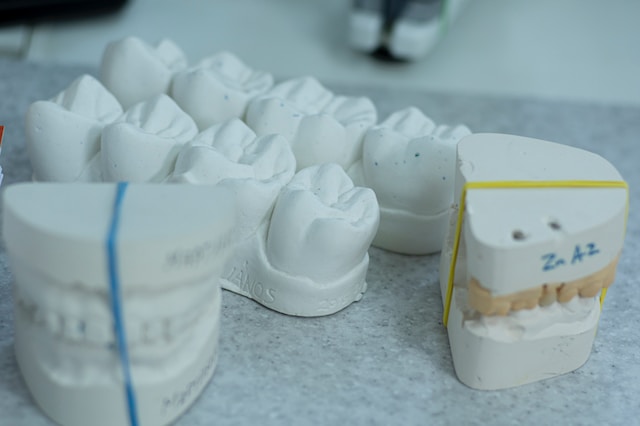
Benefits of Endosteal Implants
Here are some benefits of endosteal implants:
- Endosteal implants provide a stable and durable base for replacement teeth, increasing overall stability.
- Endosteal implants’ improved biting and chewing ability allow you to eat a more normal diet.
- Endosteal implants closely resemble natural teeth, providing a natural-looking and feeling replacement for missing teeth.
- Endosteal implants are surgical implants within the jawbone. So, it preserves the structure of the jaw and reduces the risk of bone resorption.
- Endosteal implants are a long-term solution for tooth replacement, reducing the need for repeated replacement procedures.
- Endosteal implants’ improved stability and appearance can improve your self-esteem and speech clarity.
2. Subperiosteal Implants
Subperiosteal implants are set beneath the gums but on or above the jawbone. The dentist attaches this type of implant to the jawbone, which protrudes through the gum to support a denture or crown.
Subperiosteal implants are your best bet if your jawbone is too thin for standard dental implants.
Procedures for Subperiosteal Implants
Steps for subperiosteal implants include:
- First, you’ll consult with your dentist to examine your jawbone height and fit for subperiosteal implants.
- Your dentist will then decide if you need a tooth extraction, bone grafting, or ridge preservation before the implant.
- Next, your dentist performs dental implant placement. This involves using screws or pins to link the metal framework to the jawbone.
- The next step is healing and integrating the implants with the jawbone. However, this can take months.
- Next, your dentist will take impressions, create the crown or denture, and fix it to the metal framework of the implant.
- After this, your dentist will complete the final prosthesis installation and, if necessary, make adjustments to ensure its fitness and functionality.
Keep in mind that subperiosteal implants need regular upkeep and cleaning.
Benefits of Subperiosteal Implants
The benefits of subperiosteal implants include the following:
- Increased jawbone stability: The metal framework of the implants supports the jawbone, helping prevent further bone loss.
- A better dental prosthesis fit: The metal framework helps ensure the dental prosthesis fits securely and stays in place. This makes it less likely to slip or move.
- No need for bone grafting: With subperiosteal implants, you don’t need a bone graft if your jawbone isn’t thick enough for regular dental implants.
- Improved oral health: Subperiosteal implants can improve oral health by replacing missing teeth and restoring your bite. This can lower the risk of tooth decay, gum disease, and other oral health problems.
3. All-on-4 Dental Implants
All-on-4 dental implants are a way to replace an entire arch of teeth. Your dentist will attach four dental implants to your jawbone. They’ll place the implants at an angle to maximize stability and support. Your dentist often completes this surgery in a single surgical appointment.
This treatment can be a good option if you’ve lost most or all of your teeth and want a permanent, non-removable solution. It is suitable for adults looking to avoid dentures.
Procedures for All-on-4 Dental Implants
Here’s the basic procedure for All-on-4 dental implants:
- Consultation stage: A consultation with your dentist will help determine whether an All-on-4 implant is right for you.
- Scans: Nest, the dentist will take a 3D CT scan of your jawbone to plan the placement of the implants.
- Preparation: The scans will help make a custom surgical guide, and the dentist will prepare the jawbone for the implant.
- Implant placement: The dentist will place the four implants into the jawbone following the surgical guide.
- Healing period: The implants will need time to fuse with the jawbone. This typically takes about three to six months.
- Attaching the abutments: Once the implants have integrated with the jawbone, your dentist will attach the abutments.
- Placement of the final restoration: To finish the All-on-4 restoration, the abutments will hold a full-arch denture or bridge.
- Follow-up: Regular visits to the dentist are essential to ensure the implants are healthy and clean.
- Benefits of All-on-4 Dental Implants
All-on-4 is more stable than traditional dentures because it uses four implants to support an entire arch of replacement teeth.
All-on-4 implants allow you to eat a wider variety of foods with improved chewing capacity.
The replacement teeth look and function like natural teeth, giving you a more youthful appearance.
Compared to traditional implants, which can take a year or more to complete, All-on-4 can be a one-day procedure.
Your dentist carries out the All-on-4 procedure with minimal bone loss. This implant is possible even in cases where bone loss is a problem for you.
If you need to replace an entire teeth arc, All-on-4 is often cheaper than traditional dental implants.
All-on-4 is easy to clean and maintain; regular brushing and flossing are all you need to keep the implants healthy.
Who Can Get Dental Implants?
If you are in good general health, don’t have conditions such as uncontrolled diabetes, and are not a heavy smoker, you are typically a good candidate for dental implants. Age is not a limiting factor as long as you have healthy gums and enough bone to support the implant.
But it’s important to remember that healing times and success rates can vary from patient to patient. So, a thorough dentist or oral surgeon evaluation is necessary to determine if you are a good candidate for dental implants.
Restore Your Smile With Dental Implants
Dental implants are a versatile and effective solution for restoring your smile and improving oral health. With various options available, it is essential to consult a professional to determine the best implant for you.
So, if you’re considering getting dental implants and are in New York City, don’t hesitate to contact us at Advanced Dental Arts. We’ll be happy to answer any questions and help you take the next step toward a brighter, healthier smile.
What’s more, we offer the newest technology in dental implants – zirconia implants – to give you your best chance at a restored smile.
Schedule an appointment with us today!

 Dr. Todd Bertman
Dr. Todd Bertman 24 Apr
24 Apr